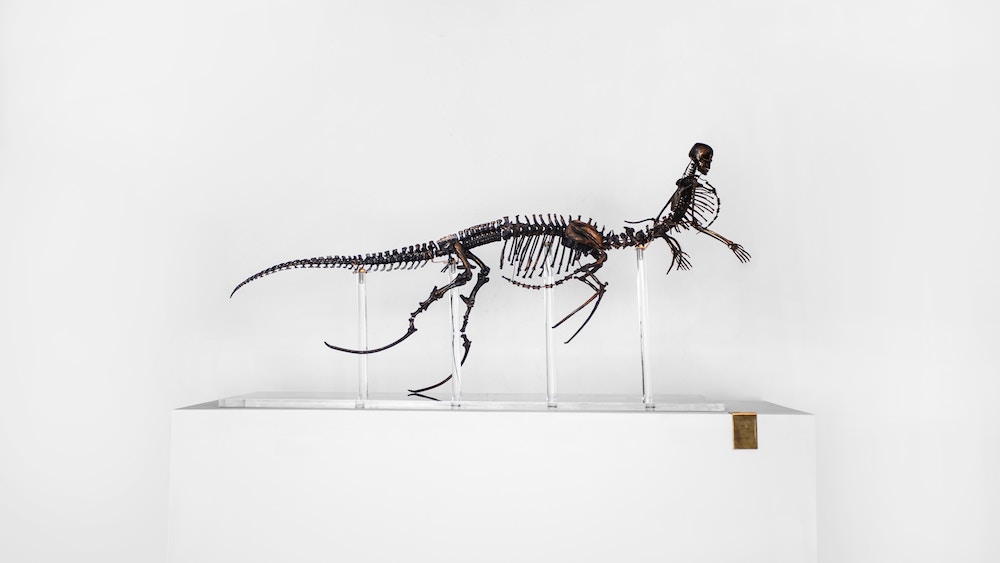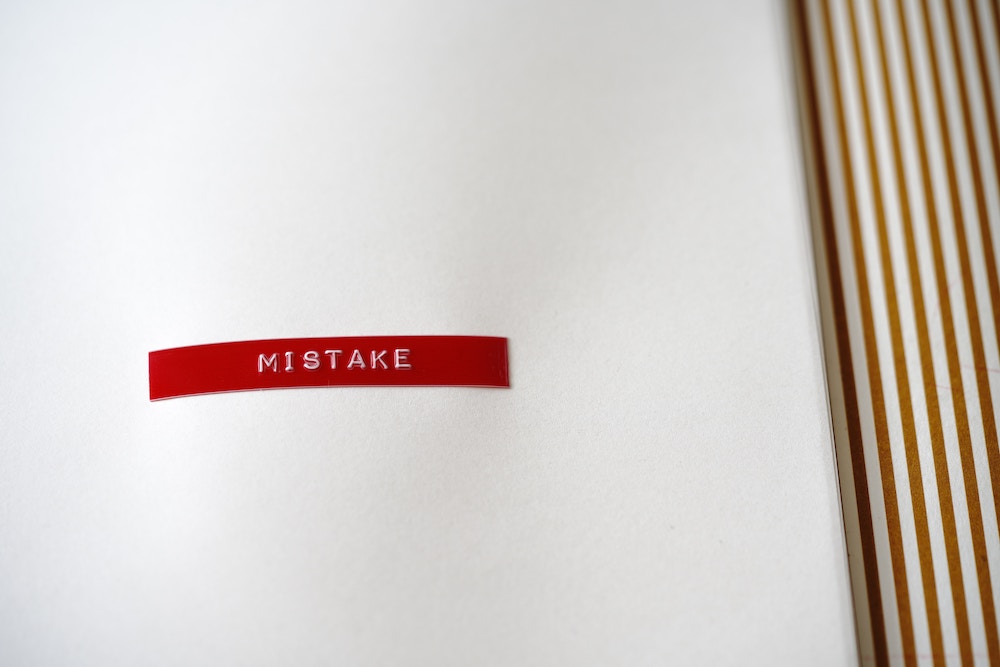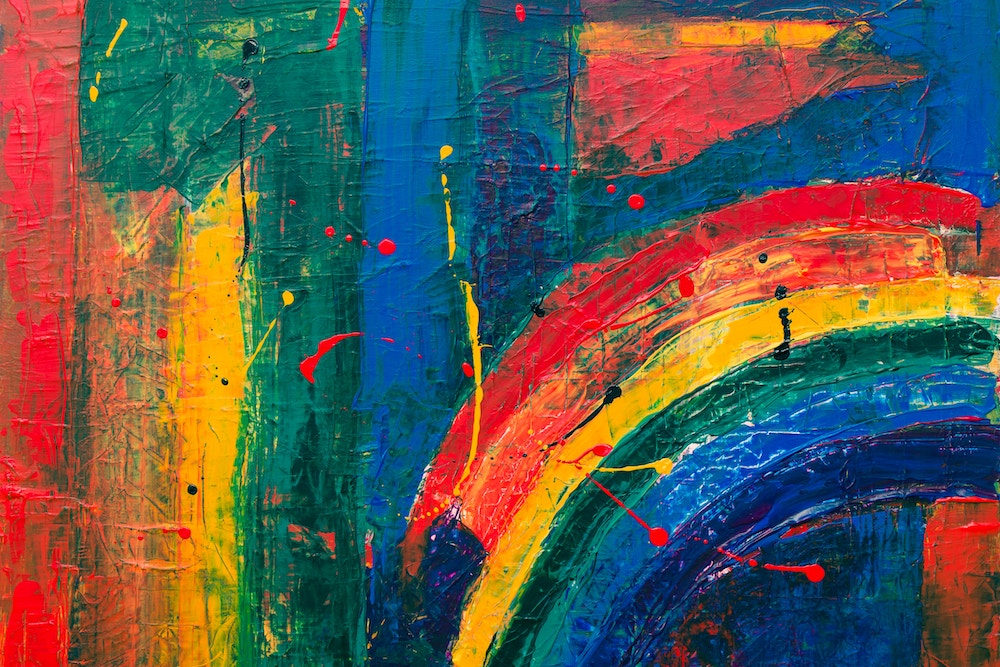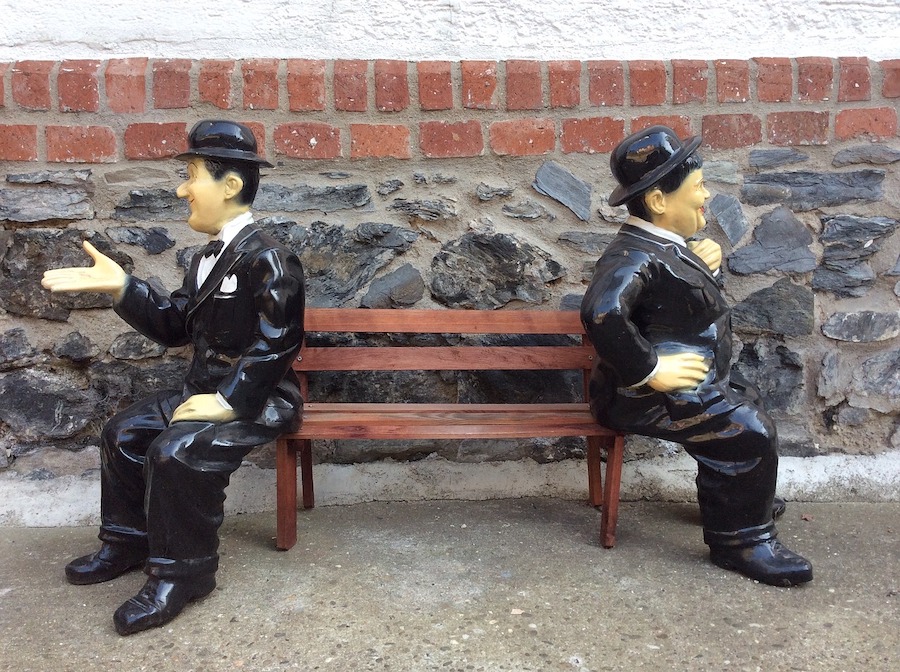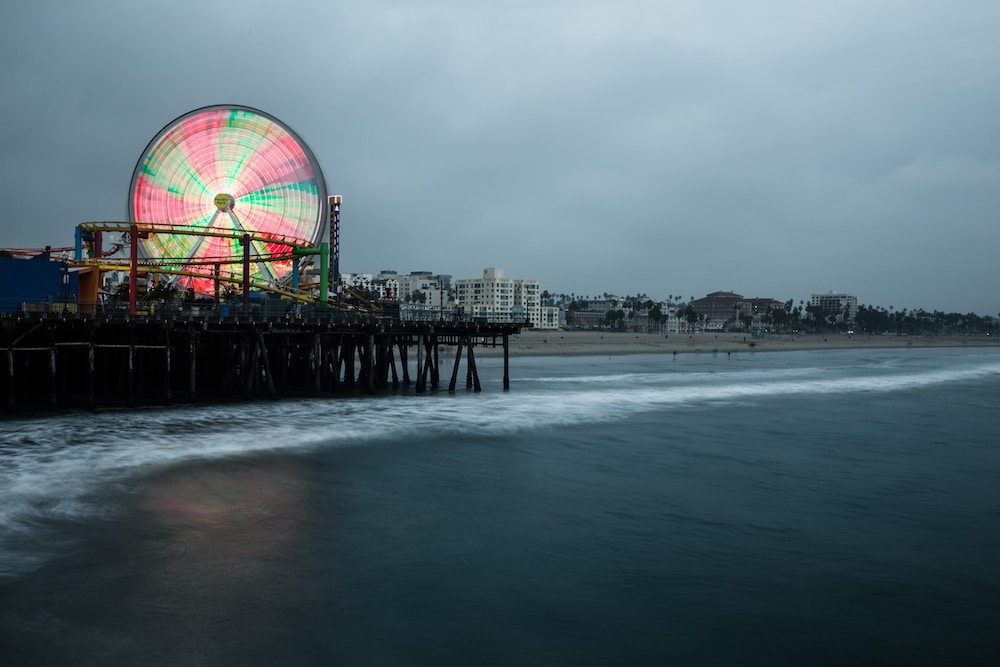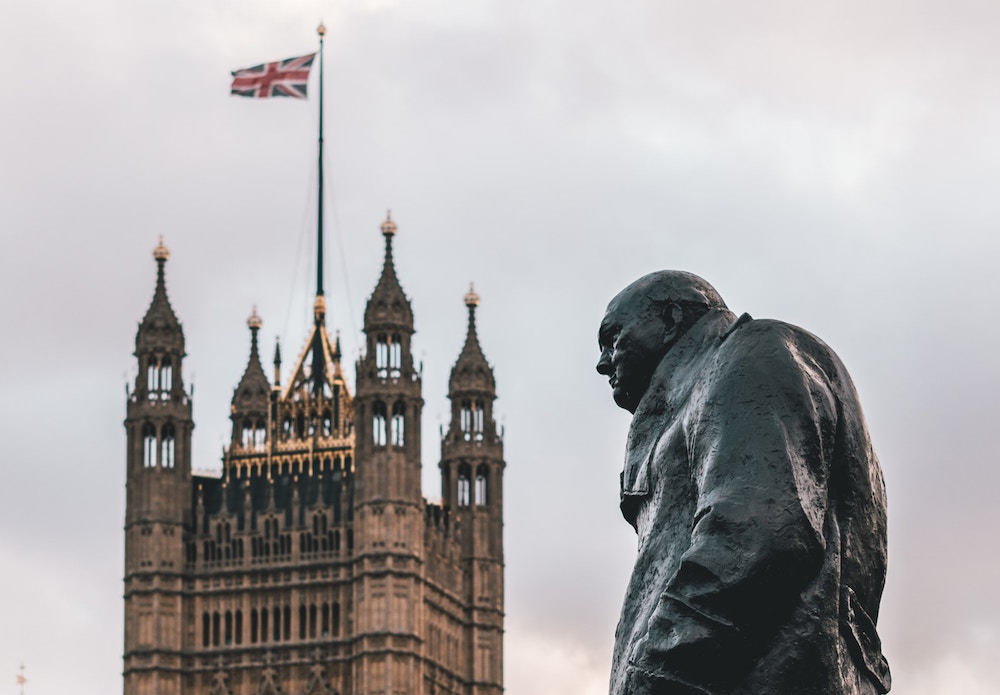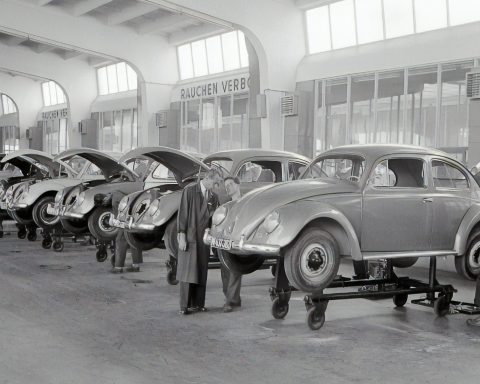
If there is one thing that is common to all patients that consult us, it is that they want things to be better for them than they currently are. They would like us to do or say something that would ease their pain, relieve their anxiety, alleviate their distress.
They want us to change their future because their present is not how they would like it to be. If they leave our rooms already feeling better, it is because they have been given some hope that things will improve.
Jurgen Moltmann writes, “Present and future, experience and hope, stand in contradiction to each other”. He suggests that “hope is directed to what is not yet visible… and brands the visible realm of present experience…as a transient reality that is to be left behind”.
Pascal would, I think, have approved of mindfulness, the psychological process of bringing ones attention to experiences occurring in the present moment.
Some are uncomfortable with our constantly hoping for a better tomorrow. They suggest we live either too much in the past, remembering what was, but is no longer, or too much in the future, hoping for that which is not yet. Bemoaning such behaviour, Blaise Pascal wrote “We do not rest satisfied with the present. We anticipate the future as too slow coming, as if in order to hasten its course; or recall the past, to stop its too rapid flight…We scarcely ever think of the present; and if we think of it, it is only to take light from it to arrange the future…So we never live, but we hope to live; and as we are always preparing to be happy, it is inevitable we should never be so.”
Pascal would, I think, have approved of mindfulness, the psychological process of bringing ones attention to experiences occurring in the present moment. Now, whilst mindfulness may have its place, grounding ourselves in the here and now when overwhelmed by unnecessary anxiety concerning the future, it won’t solve our patients’ very real problems.
T.S.Eliot penned, “The knowledge derived from experience… imposes a pattern, and falsifies”. What we know from what we encounter Is not enough to understand fully. We need to draw from outside of ourselves if we are not to be misled. The present requires the context given it by the past and is tempered by what is expected in the future. A powerful illustration of this is provided by John Piper. He asks us to imagine that, walking through a hospital, we hear the screams of somebody in pain. How we feel about what we hear, he suggests, will differ greatly depending on whether we are on an oncology ward or a labour ward. The future matters.
As doctors, we are in the business of changing the future – offering a promise of a better tomorrow. We endeavour to see what currently can’t be seen and bring it into reality. Moltmann again: “Hope’s statements of promise…stand in contradiction to the reality which can at present be experienced. They do not result from experiences, but are the condition for the possibility of new experiences. They do not seek to illuminate the reality which exists, but the reality that is coming.” So, for example, when we issue a prescription for pivmecillinam, it is the proffering of the hope that the cystitis will come to an end. It’s a promise that what is not true now, will shortly be so.
As doctors, we are in the business of changing the future – offering a promise of a better tomorrow.
That’s a problem we all have to face and one which medicine, despite its best efforts, still can’t resolve. To quote Moltmann once more, “The pain of despair surely lies in the fact that a hope is there – but no way opens up towards its fulfilment”. What then can we do when faced with the problem of death. Must we, if we are to carry on at all, agree with L.M. Montgomery that “life is a perfect graveyard of buried hopes”? Should we, with Dylan Thomas, “rage, rage against the dying of the light” or comfort ourselves with mere mindfulness and so “go gentle into that good night”?
We live in an increasingly anxiety ridden society. Henry Thoreau wrote “The mass of men lead lives of quiet desperation, and go to the grave with the song still in them.” But Thoreau was wrong – the desperation is deafening. Death is the one thing we can be certain of and yet, desperate that that were not so, we mindfully focus all our attention on the detail of the here and now of our patients’ clinical parameters, in an attempt to pursue and push eternal life. Not only is this unhelpful for patients weighed down by a medical profession too scared to address its own limitations, it’s also bad for doctors who are burdened with the Sisyphean task of delivering the undeliverable.
Regardless of what we may or may not believe about what happens after death, what is certain is that everlasting life is not a gift that is ours to give. If we are to find happiness in this life, we, and our patients, need to stop pretending otherwise. We need to stop playing God or we’ll make an almighty mess of things. If we are to solve the problem of the future, we must either deny its importance and be satisfied by the joy of the present, or hope in something other than medicine that can transcend the here and now.
Hopefully we’ll make the right choice.
Photo by 五玄土 ORIENTO on Unsplash

